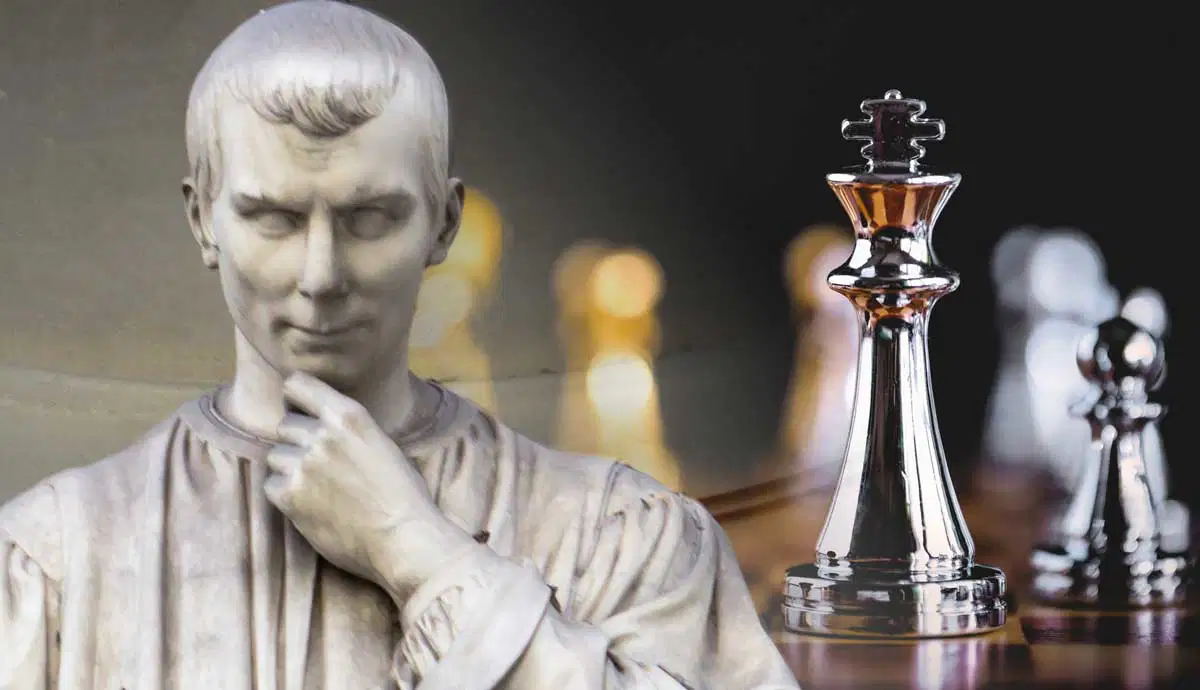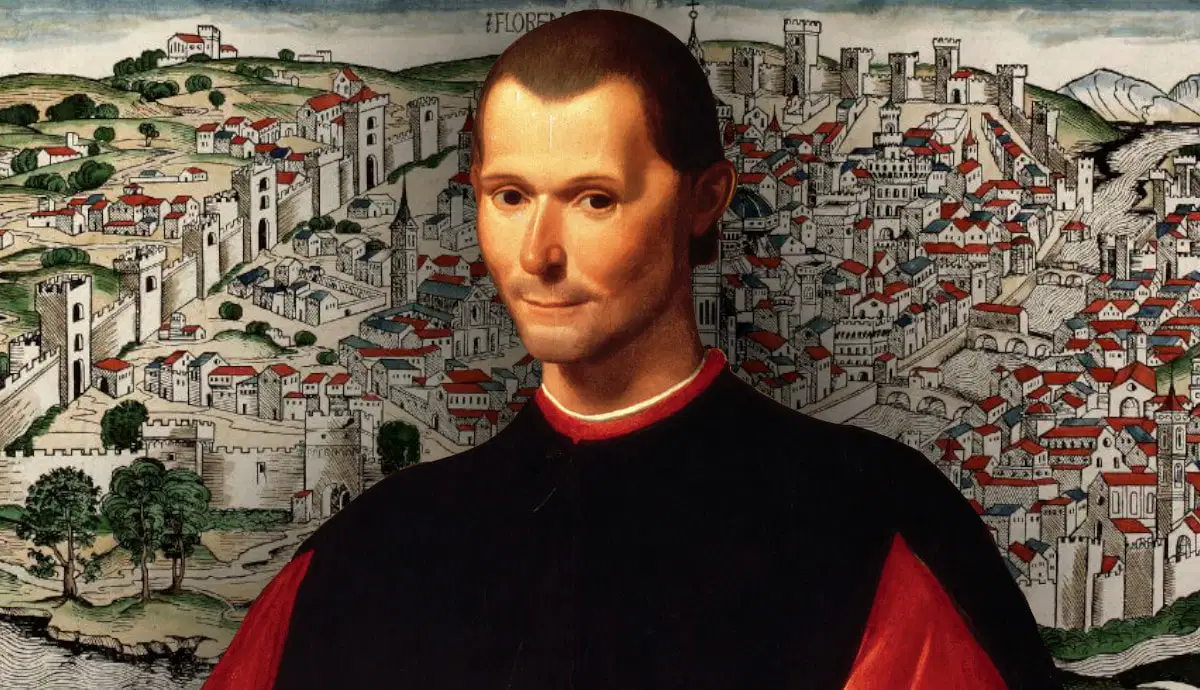
Introduction
Machiavelli wrote about power in the same way professional players should think about poker: cold, calculated, without illusions. His ideas on maintaining influence and controlling situations map perfectly onto poker, especially when artificial intelligence enters the game.
AI at the table is not just a tool for hints. It is a new form of power, a strategic actor that relies on algorithms where humans rely on emotions. The combination of Machiavellian philosophy and poker AI capabilities provides a completely new perspective on the game.
Power as Control of Information
Machiavelli believed: “He who controls information, controls the situation.”
In poker, information is everything: ranges, timings, statistics.
Human players are limited by memory and focus; they see only fragments. AI is the ruler at the table, seeing the entire dynamic of the field at once — who bluffs too much, who overplays, who is exhausted.
Control of information = control of power. That’s why AI is always one step ahead.
The Art of Adaptation
Machiavelli taught that a ruler should never be tied to one tactic. He must be both fox and lion — cunning and strong.
Poker AI follows the same principle.
- Against tight players, it becomes aggressive, exploiting ranges.
- Against loose opponents, it turns into the “lion,” punishing every mistake.
- Against amateurs, it simplifies the game, taking profit with minimal risk.
Humans often change styles chaotically, driven by mood. AI does it systematically, with mathematical precision.
Power = Discipline
Machiavelli wrote: a ruler who loses discipline, loses power.
In poker, discipline means bankroll control, strategic consistency, patience. Humans tend to break down: tilt, fatigue, emotional impulses.
AI never breaks. It has no emotions, no random deviations. This is its “cruel virtue” — it never shows weakness.
The Image of the Enemy
Machiavelli advised rulers to always have an external enemy to consolidate power.
For AI in poker, the enemy is the chaos of human play.
Players think they are competing against a single bot. In reality, they are battling a system trained on millions of hands, refined to perfection.
AI defines its enemy — and is always prepared.
Power as Inevitability
Machiavelli believed that success is not luck but preparation.
AI embodies this idea at the table. Every scenario has been simulated, every strategy tested. Its success is not a matter of chance but inevitability, built on logic and algorithms.

Conclusion
Machiavelli taught that power does not rely on morality, but on the ability to shape reality as it is.
Poker AI does the same: it manages chaos, turning randomness into order. Humans must either learn from it or face an authority that does not make mistakes.
AI and Machiavelli converge on one truth: the true master at the table is the one who bends chaos to his strategy.